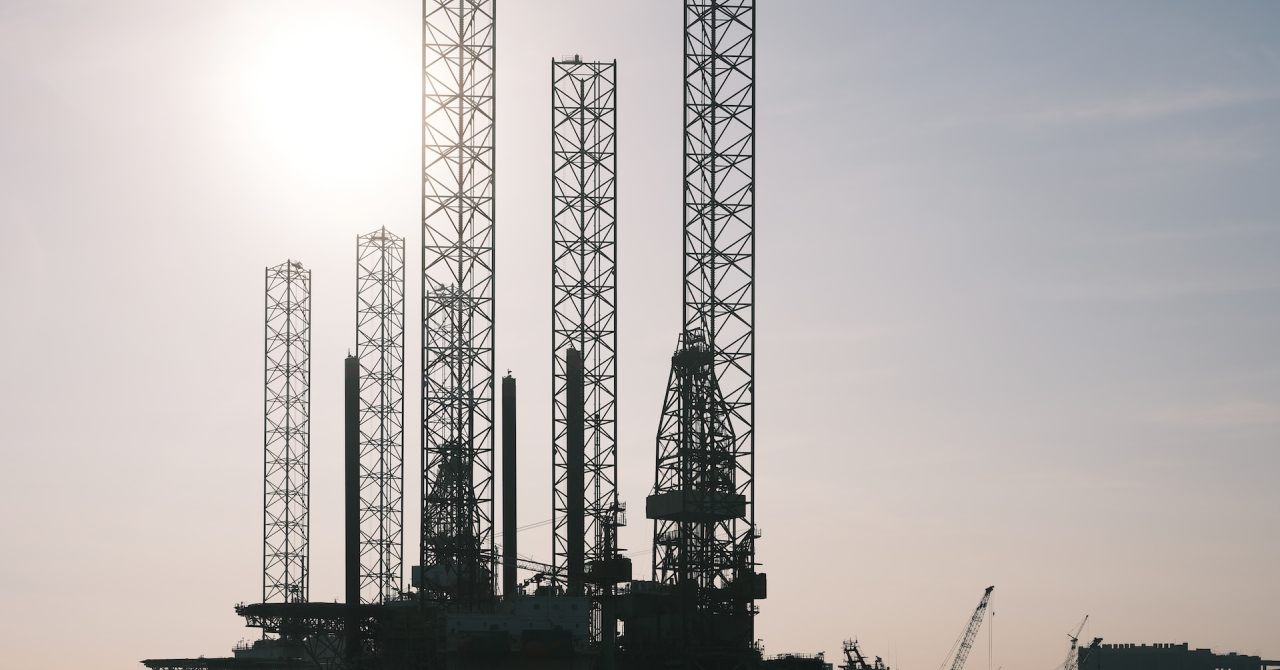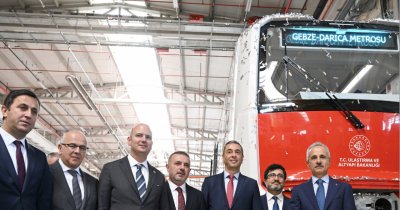Reuters writes that 118 of the world's governments pledged to triple the entire renewable capacity by the next decade in order to ensure that we'll meet our climate goals. This announcement was part of a series that aimed to decarbonize the planet's energy grid, as experts estimate that the energy sector is responsible for around 75% of our entire greenhouse gas emission levels.
Reducing private finance for coal power and extending the production of nuclear energy are some of the proposed measures aimed at ensuring that we'll be able to power our needs with clean, renewable power.
The European Union and the United States both agreed that tripling renewable capacity would allow us to decarbonize the world's energy grid by mid-century. Japan, Brazil and Canada agreed that these measures would indeed be beneficial for the green future of humanity.
Backers of the renewable energy pledge want the proposal to become part of the final U.N. summit decision, but that would require an agreement between almost 200 countries.
For the initiative to be truly effective, countries must also agree to phase out fossil power plants, which are to be replaced with the green, renewable energy.
Tina Stege, Climate Envoy for the Marshall Islands, said that "it is only half the solution. The pledge can't greenwash countries that are simultaneously expanding fossil fuel production."
New nuclear reactors are also an important part of the net-zero energy grid plan and 20 country officials signed a declaration aimed at tripling nuclear capacity by next-decade.
While accelerating the rate of renewable power installation is fairly straight forward, the phaseout of fossil fuels from the energy grid isn't as simple.
The president of COP28, Sultan Al Jaber, stated that there is "no science" which could indicate that letting go of fossil fuels is required to limit global warming to 1.5 degrees Celsius, as per The Guardian.
He also pressed on the fact that fossil fuels are still necessary for now as the world develops to move to more sustainable energy sources. Al Jaber is also the CEO of Adnoc, United Arab Emirates' state-oil company.
UN secretary general, António Guterres, told COP28 delegates that "the science is clear: The 1.5C limit is only possible if we ultimately stop burning all fossil fuels. Not reduce, not abate. Phase out, with a clear timeframe."
 Mihai - Cristian Ioniță
Mihai - Cristian Ioniță












Any thoughts?